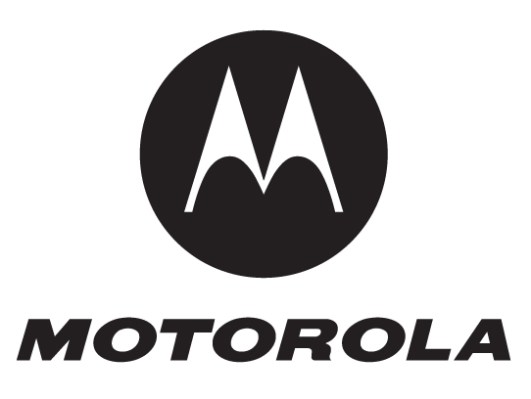In a court filing this week spotted by Bloomberg, Apple indicated that it is “interested in resolving its dispute with Motorola completely and agrees that arbitration may be the best vehicle to resolve the parties’ dispute.” Motorola Mobility had discussed the possibility of arbitration back on November 5, when a federal judge tossed a case Apple had filed saying Motorola was abusing standards-essential patents.
Google said in a letter to Apple filed with the court that it, too would like to explore “constructive dialogue” to resolve the patent issues between the two companies in a letter dated November 13 and also filed with the court, writing on behalf of Motorola Mobility, which is now a Google subsidiary. The issues in question deal with standards patents specifically, which relate to the basic operation of smartphones, and without which neither company could likely field competitive devices. They don’t address every patent involved in the ongoing fight between Apple and Motorola – in fact, none of the patents Apple has cited in a separate complaint with the ITC are considered essential. But Apple’s wording in this filing indicates it might be interested in finding a broadly applicable licensing agreement that applies across the patent portfolio of both companies.
Much of the motivation behind Google’s acquisition of Motorola Mobility, which closed in May 2012, was thought to be due to Motorola’s ownership of many early and essential patents that could help Google fend off Apple’s attacks on Android in courts around the world. The patent theory is supported by the fact that up until now, we haven’t seen Google make much direct use of Motorola’s hardware manufacturing capabilities, since the company hasn’t yet produced any Nexus hardware and continues to operate essentially like any other Android OEM.
Apple has recently indicated a willingness to work out licensing arrangements with its patent litigation opponents, setting up a broad licensing agreement with HTC with a 10-year active window. An agreement resulting from arbitration with Motorola would indicate that rather than being an isolated case, Cupertino might indeed be growing tired of squabbling over IP with its mobile industry rivals.
